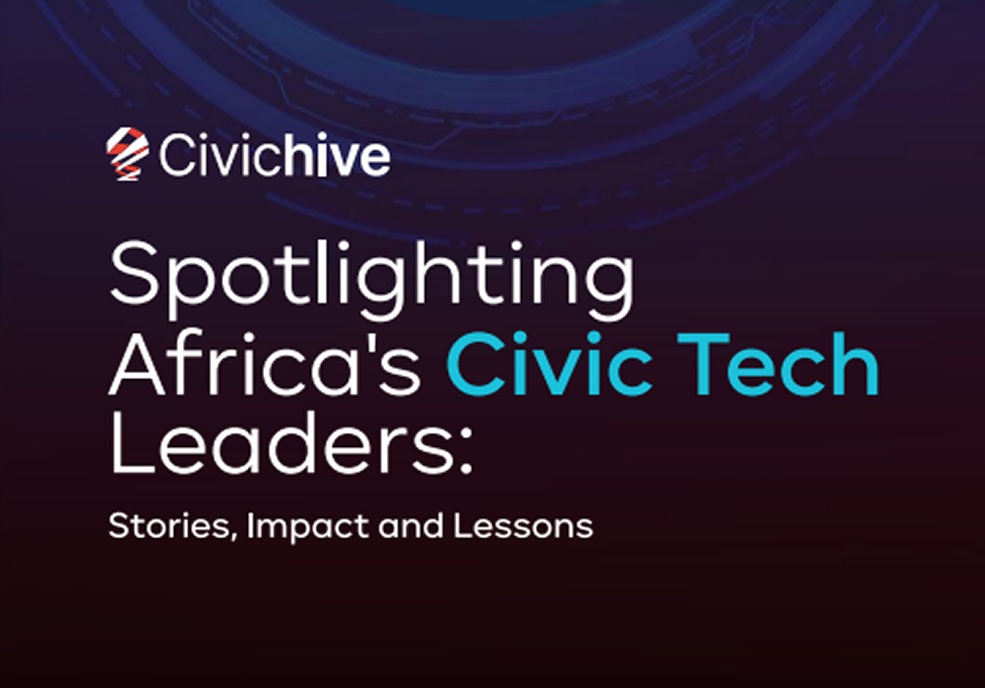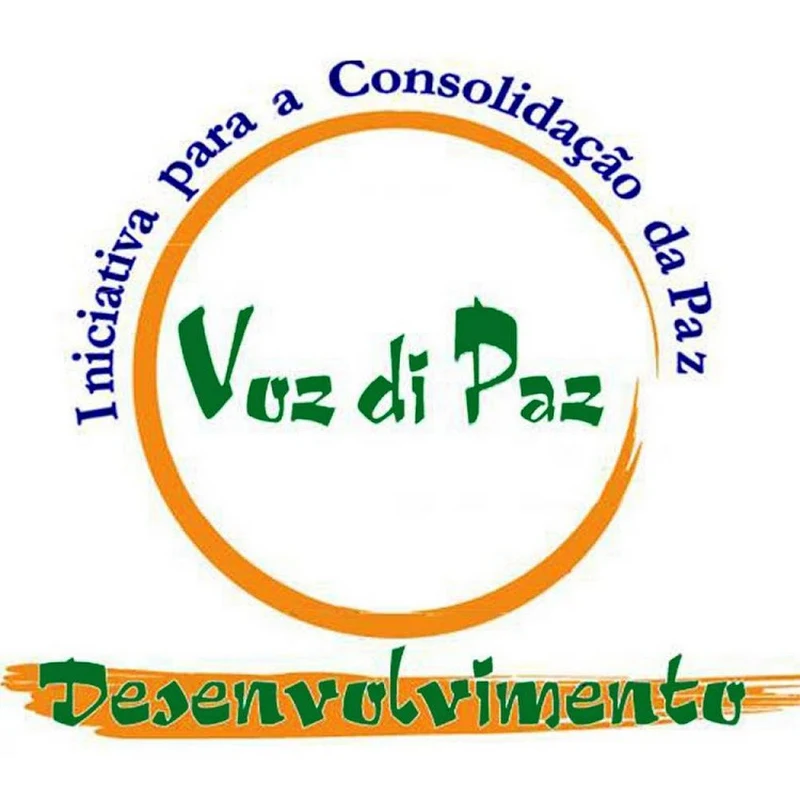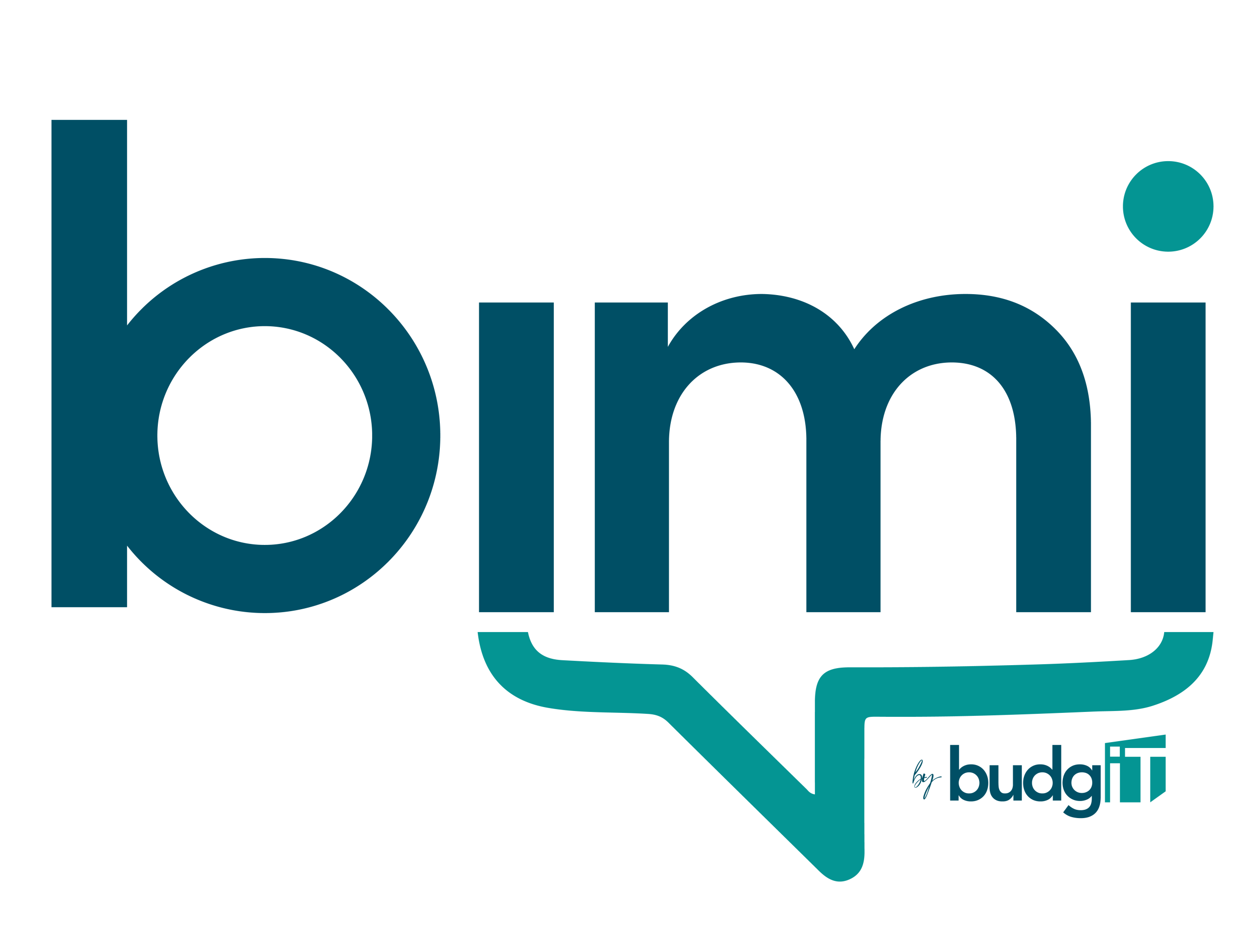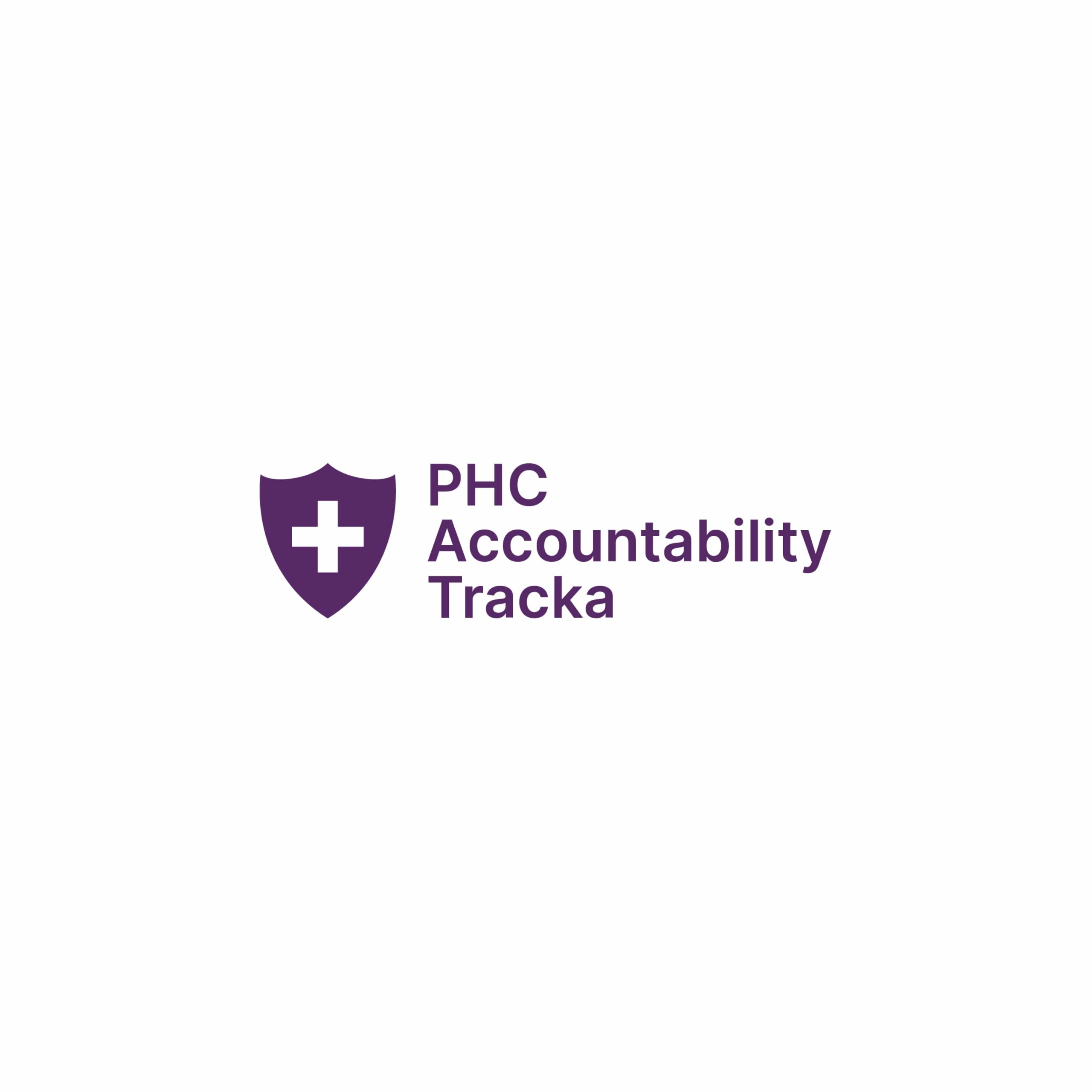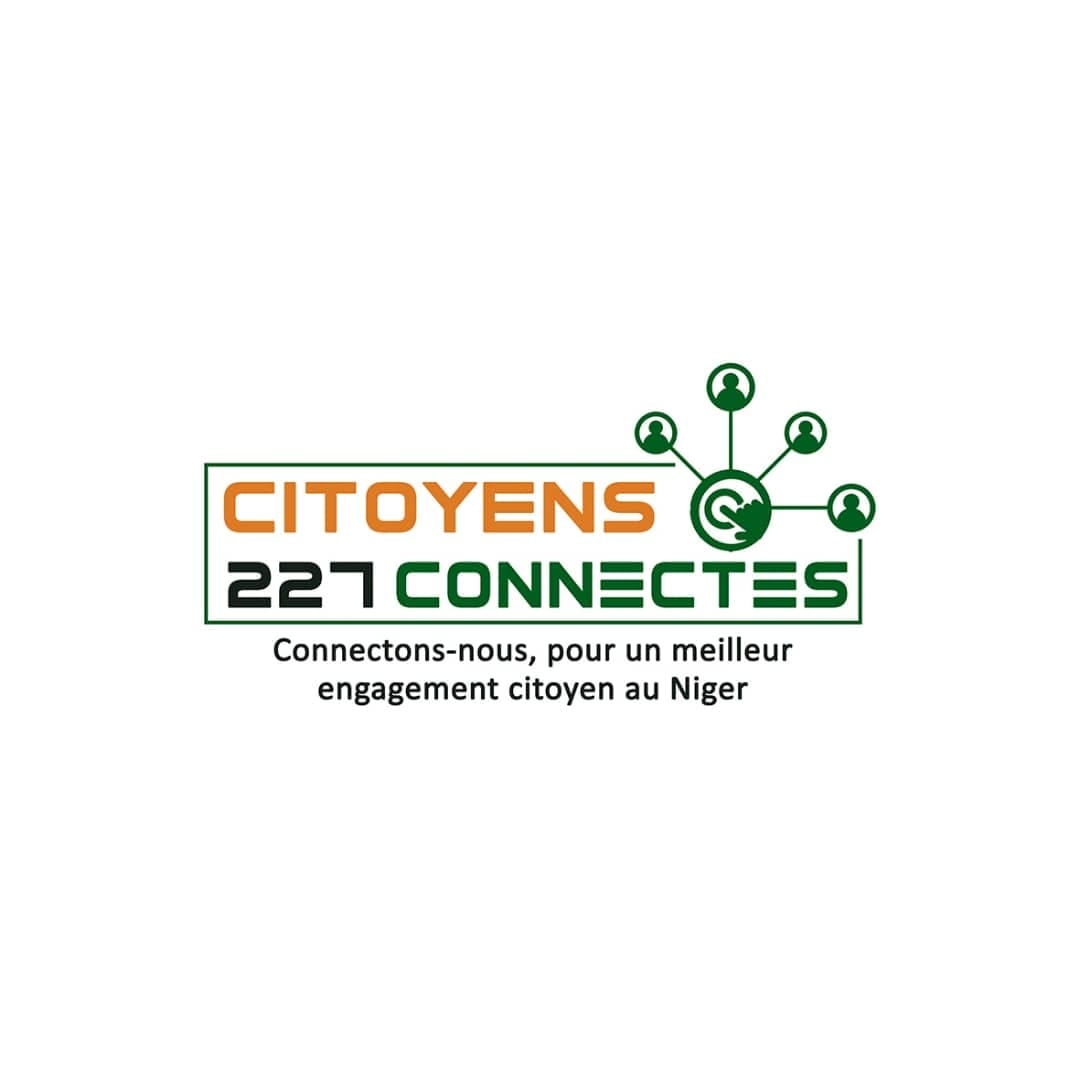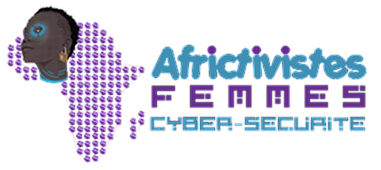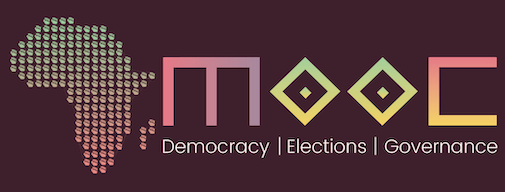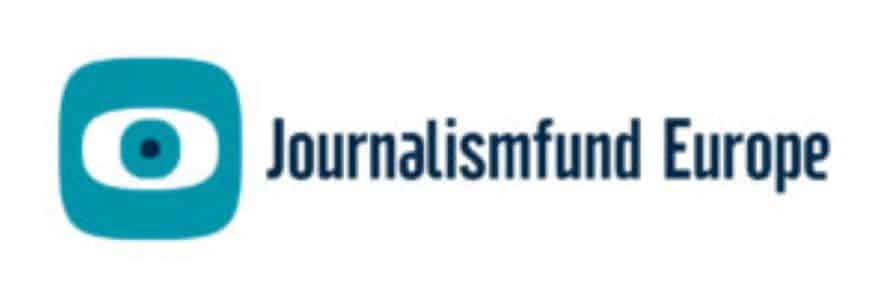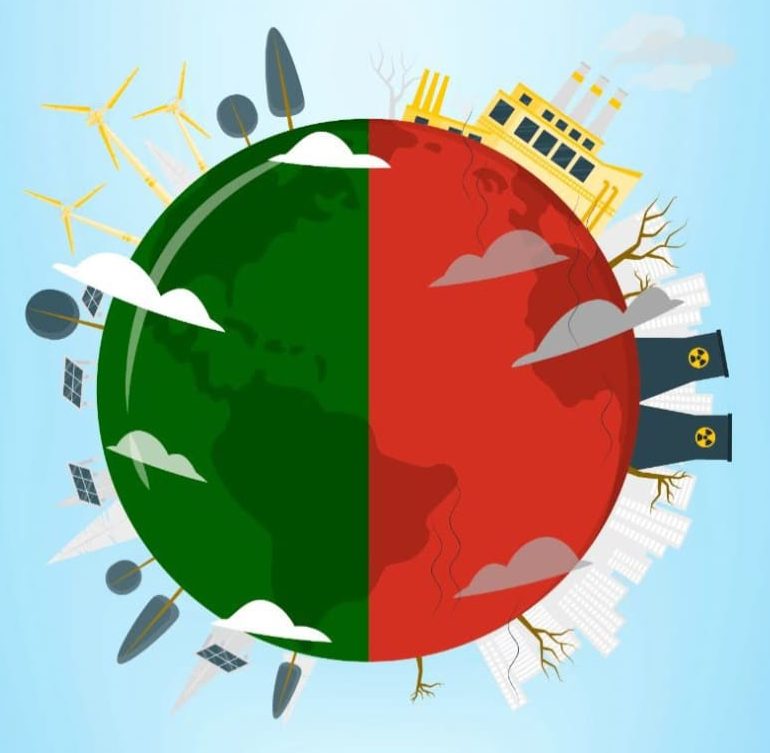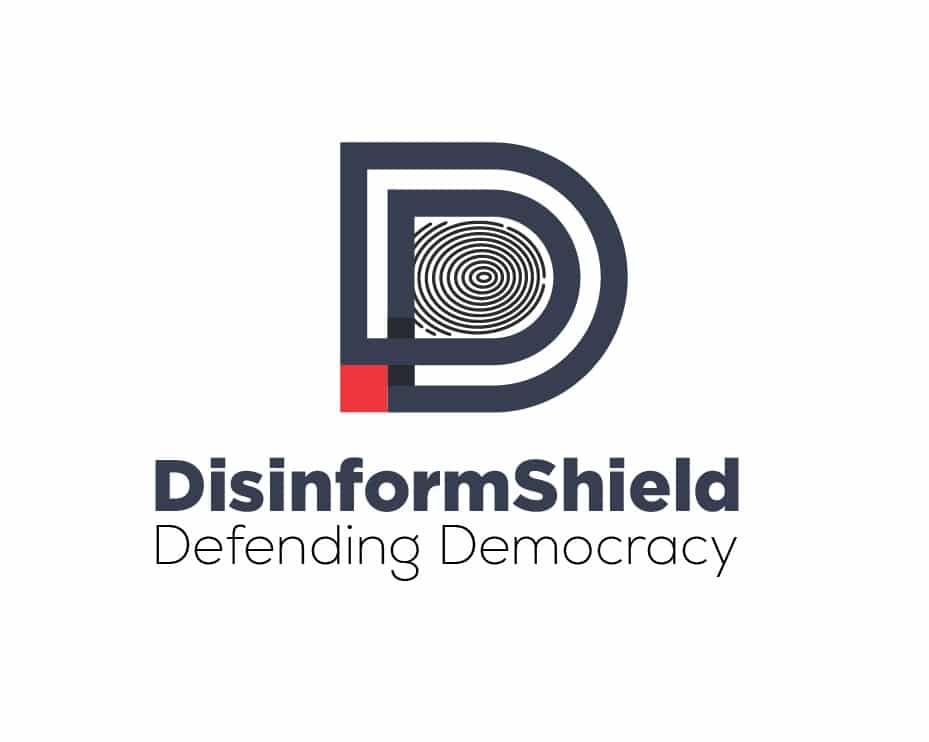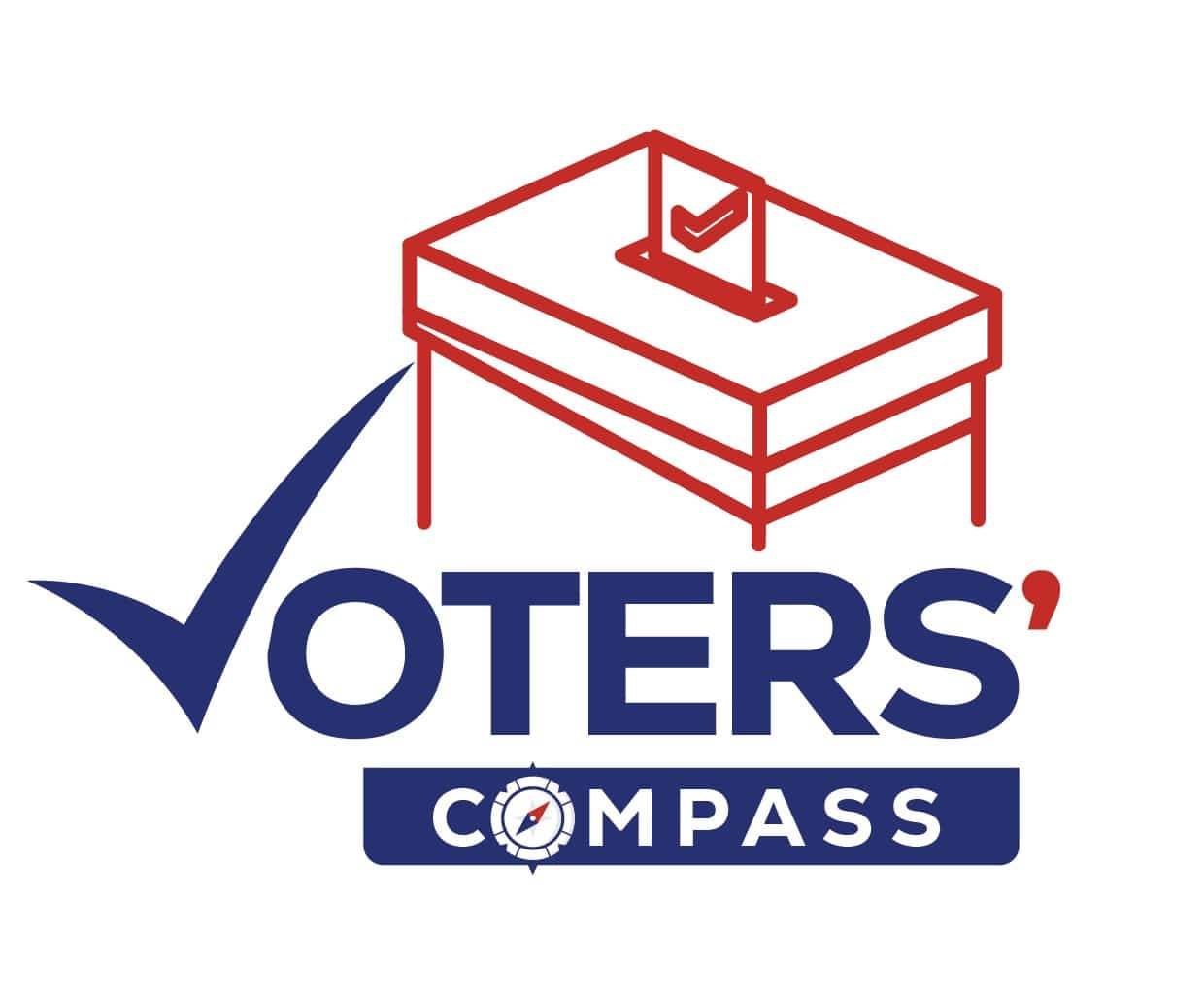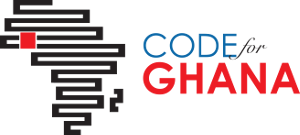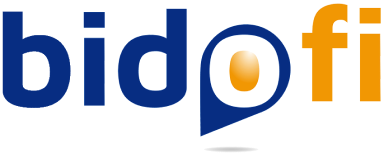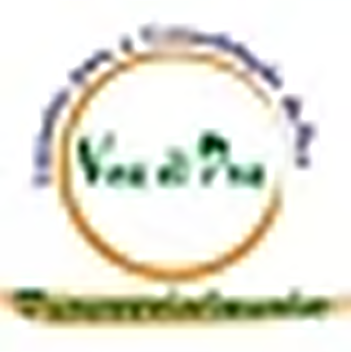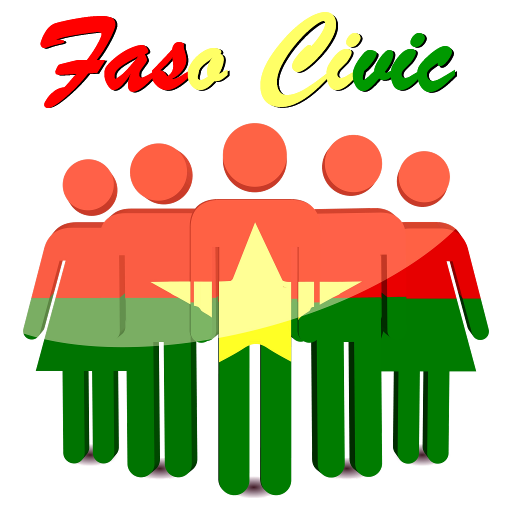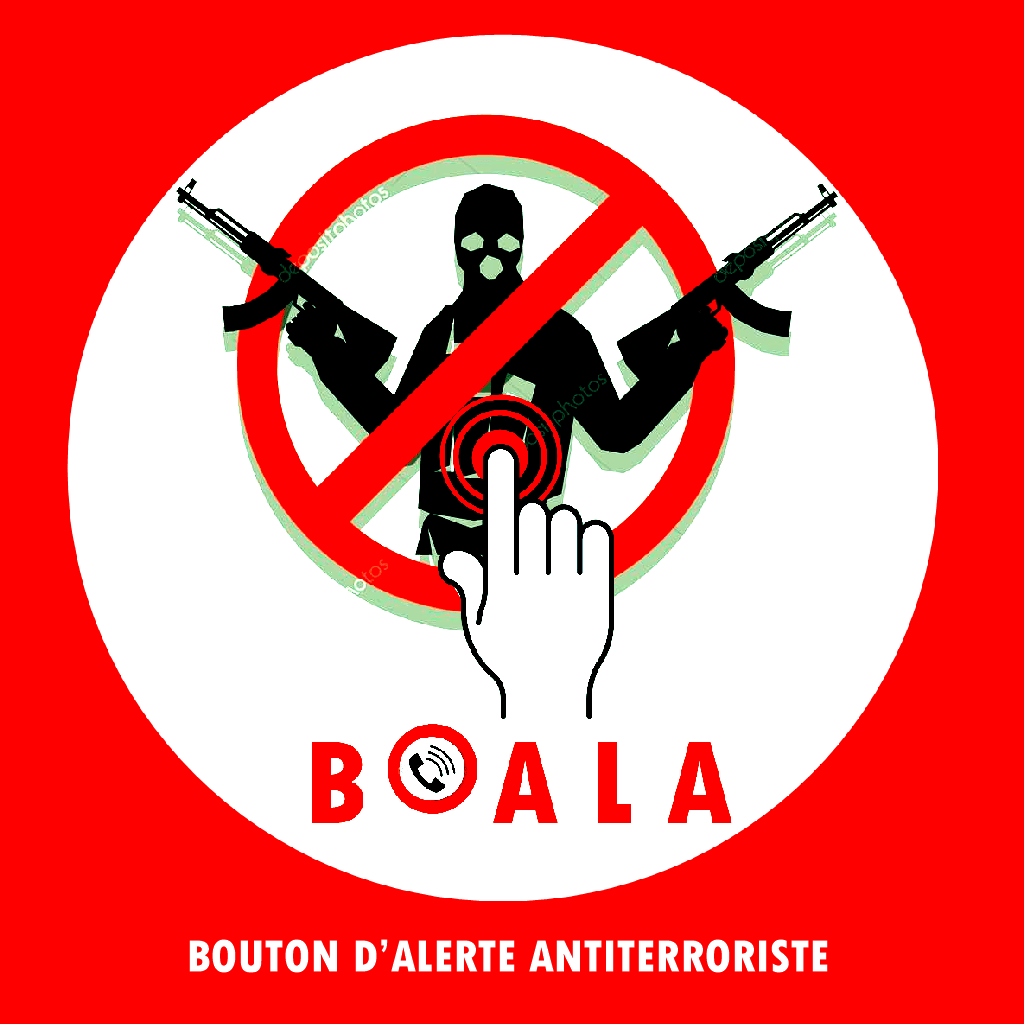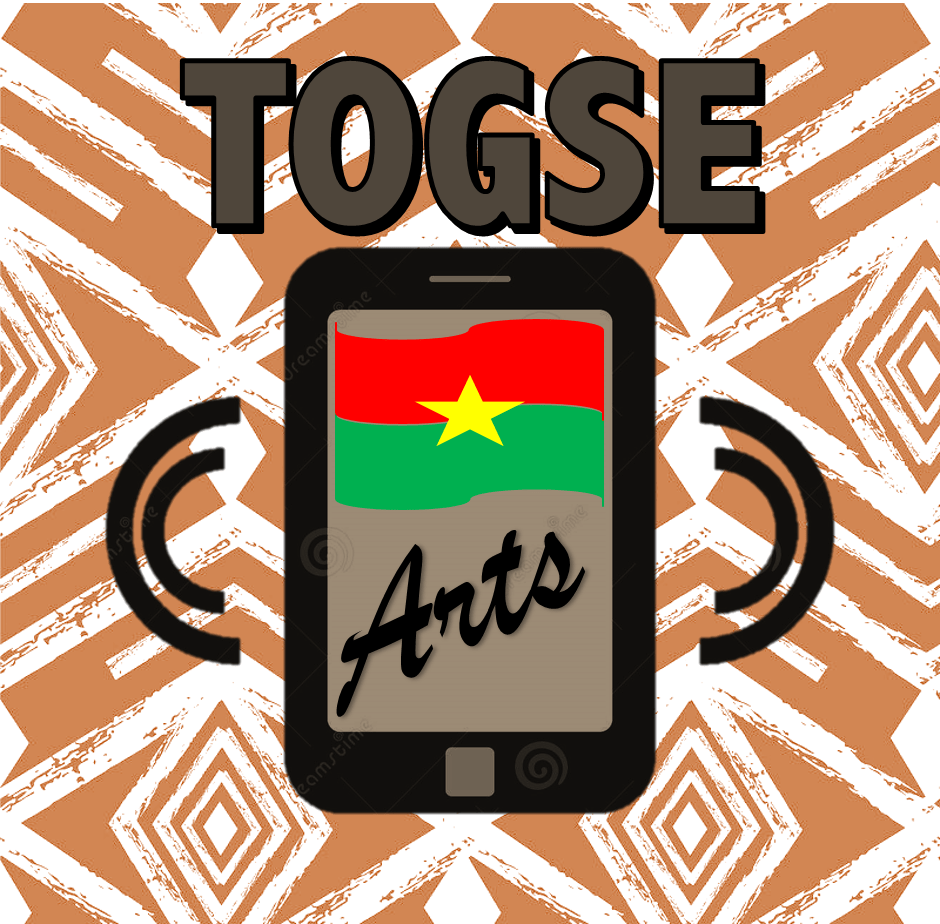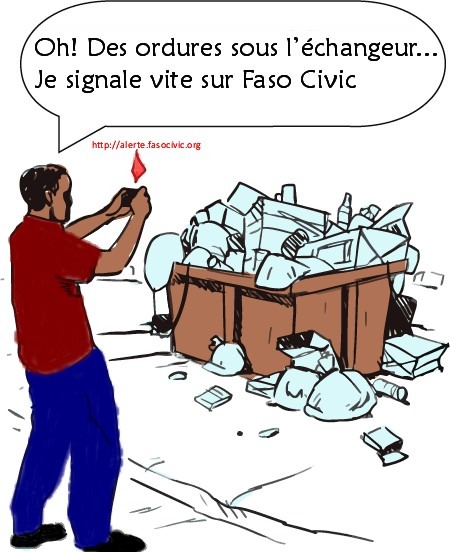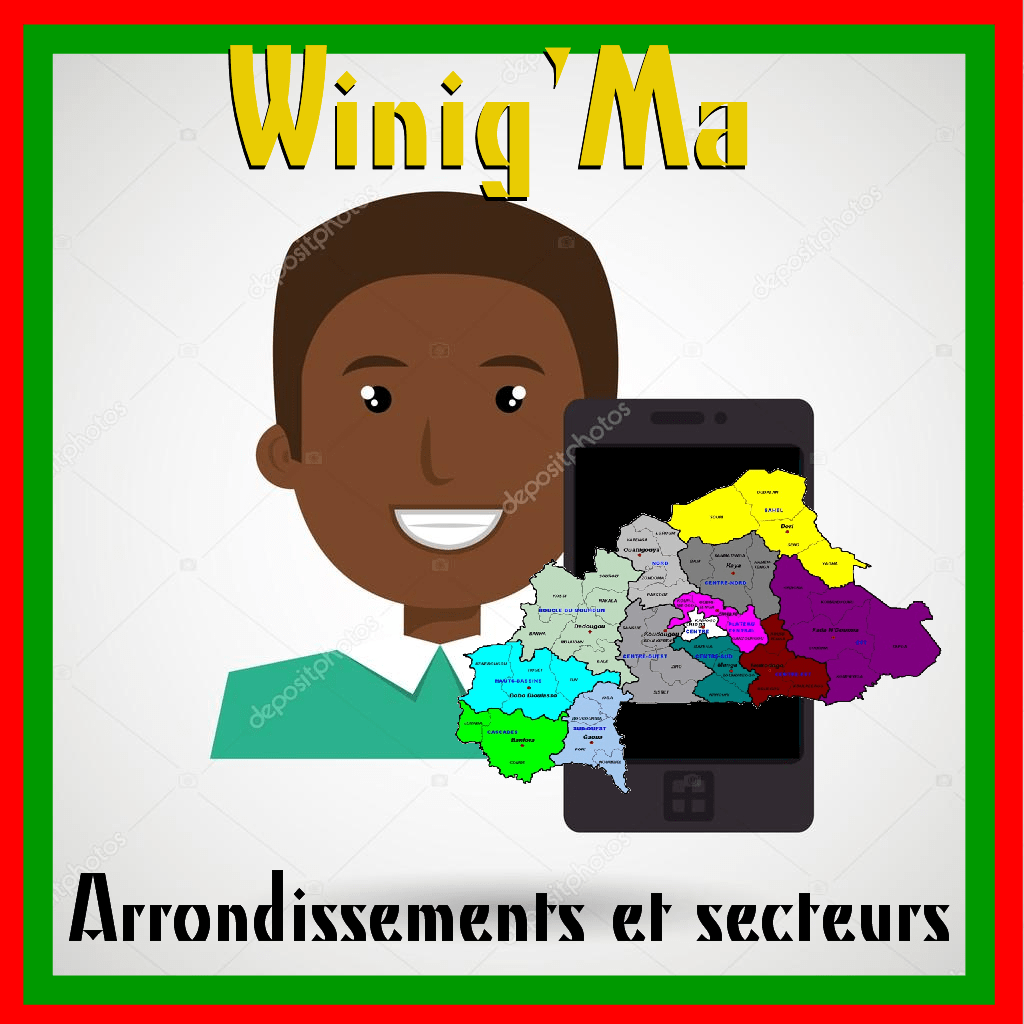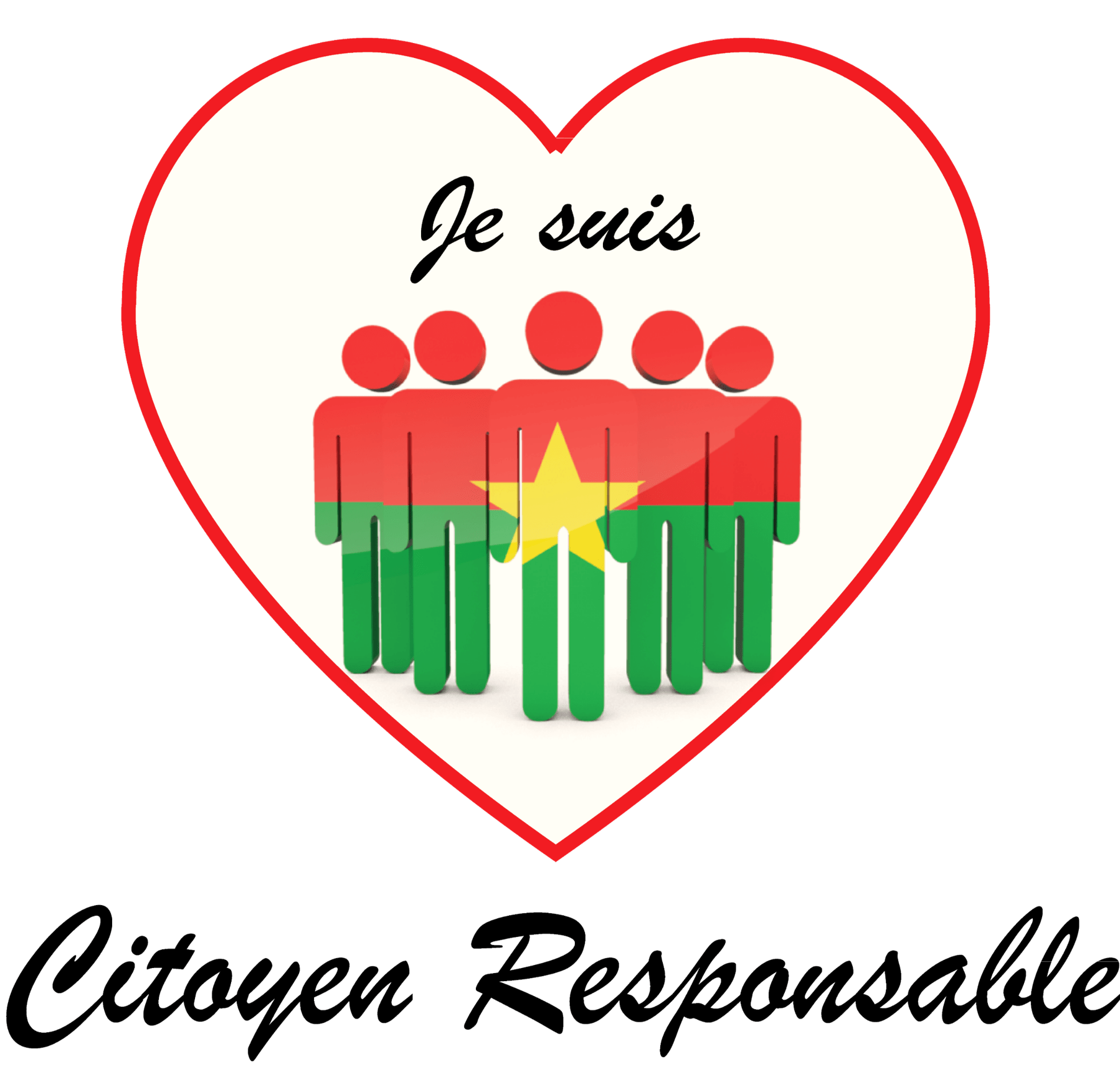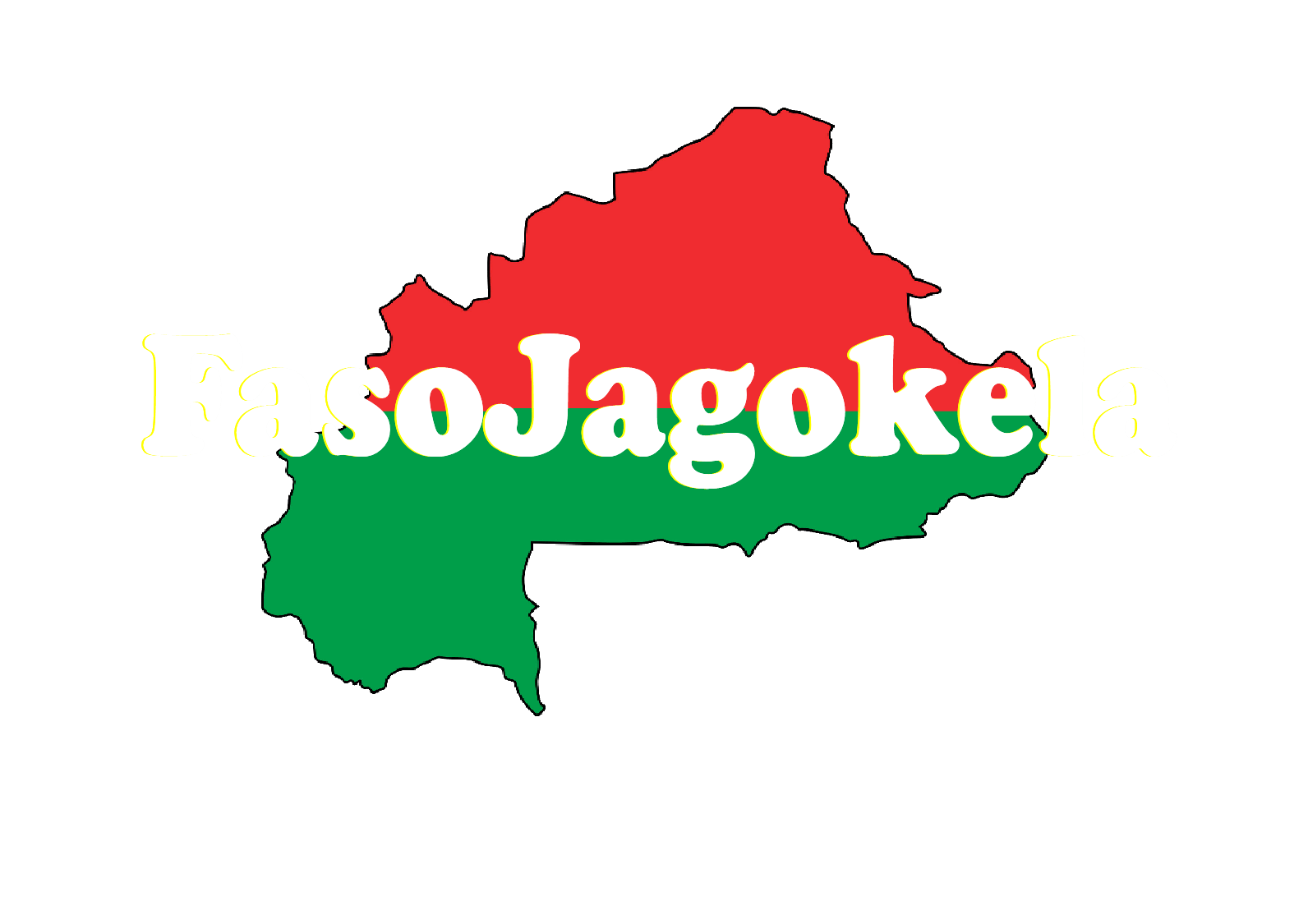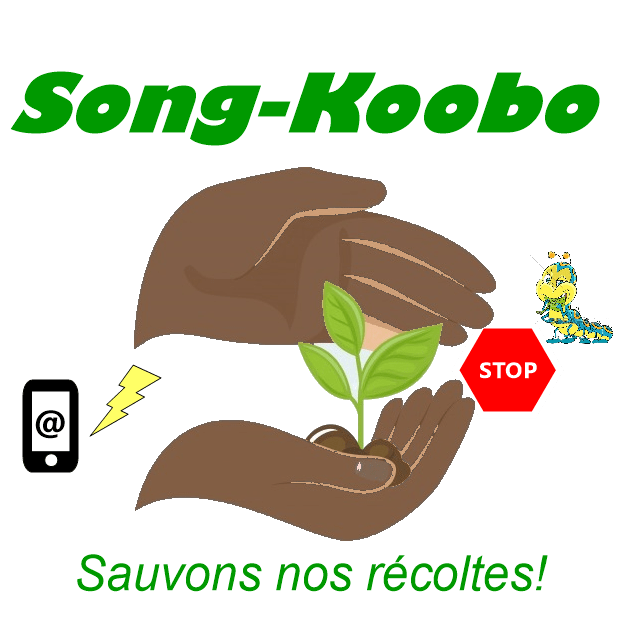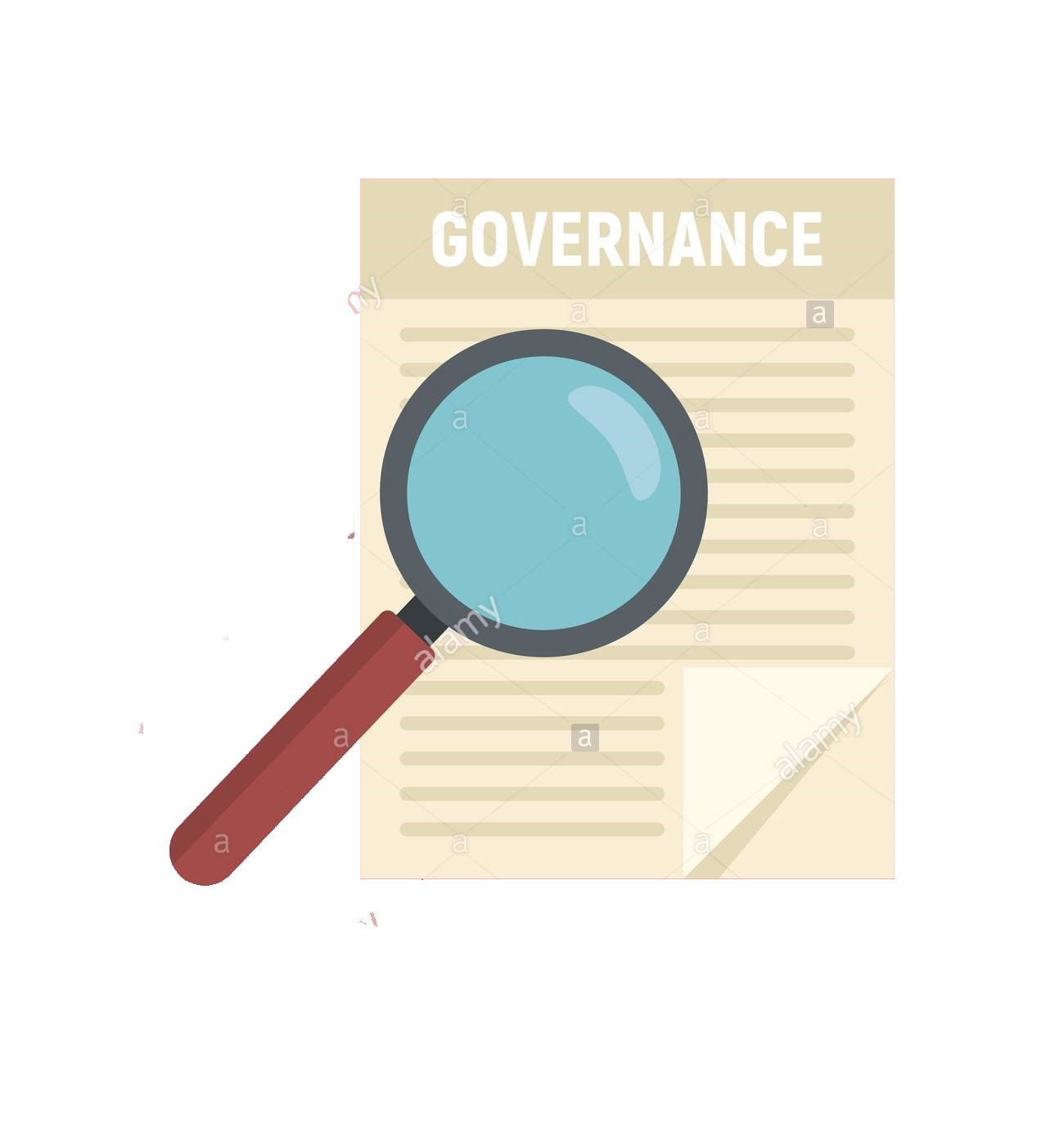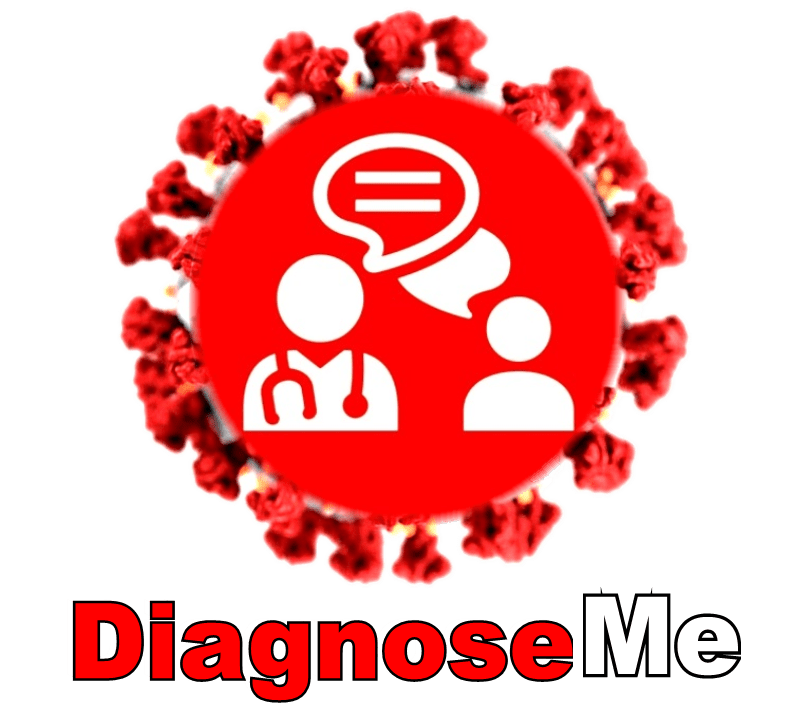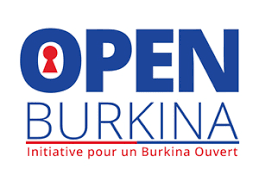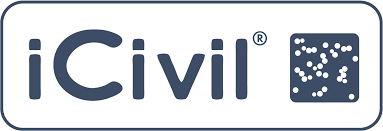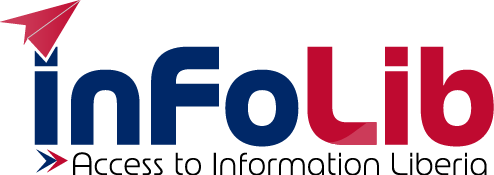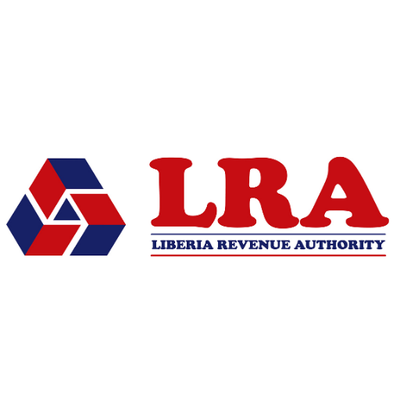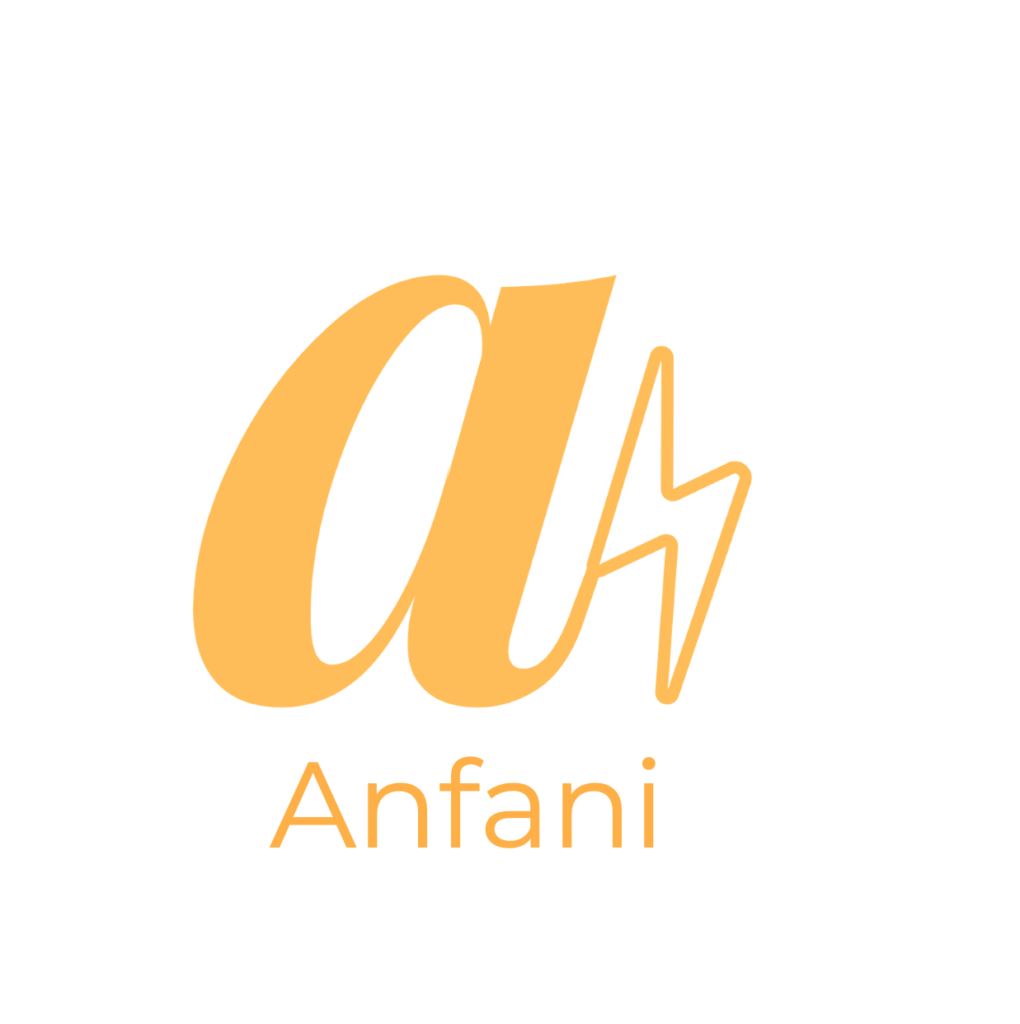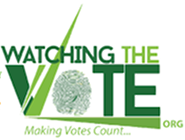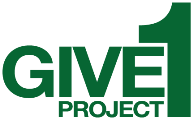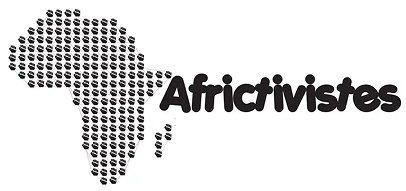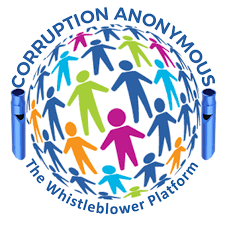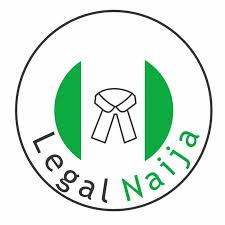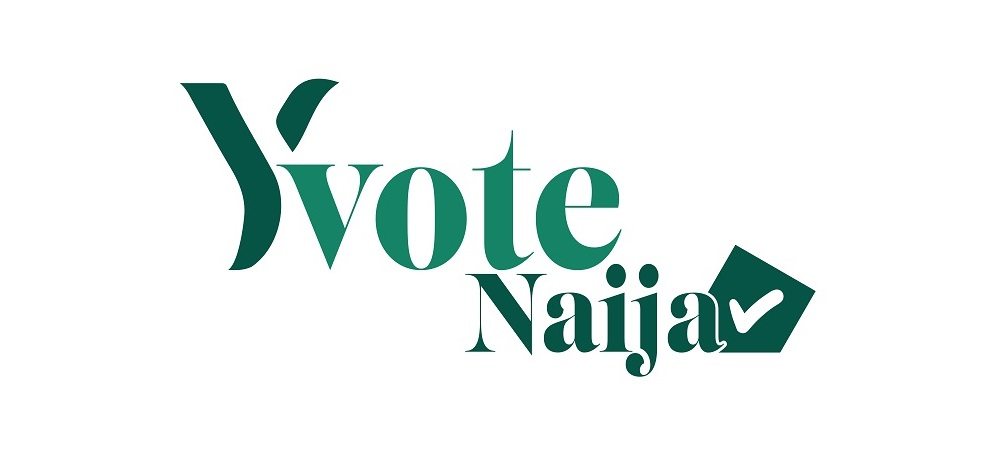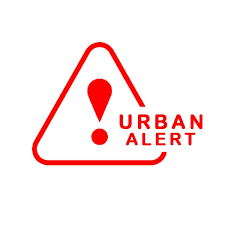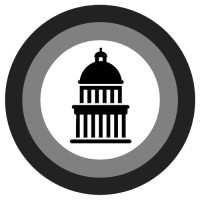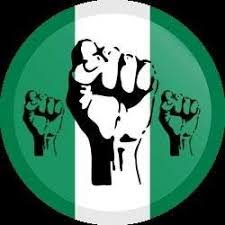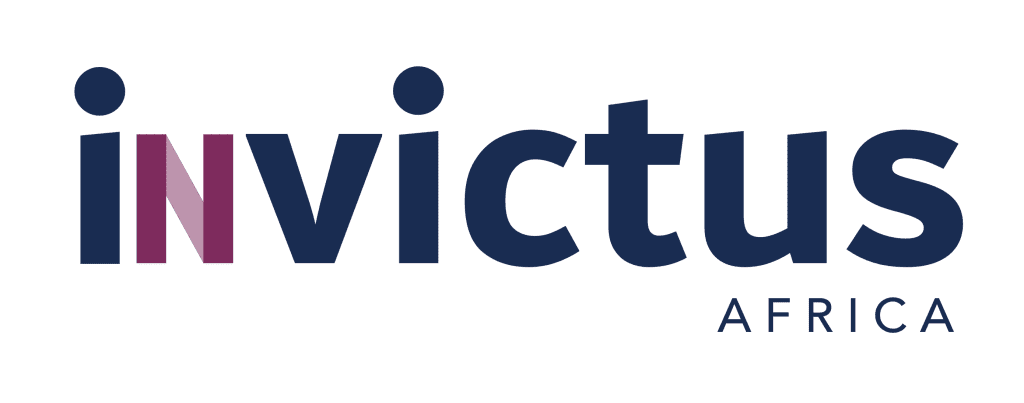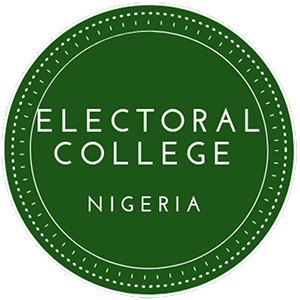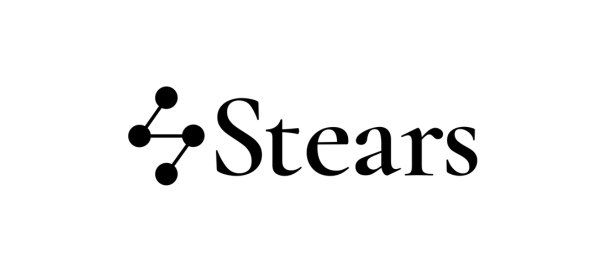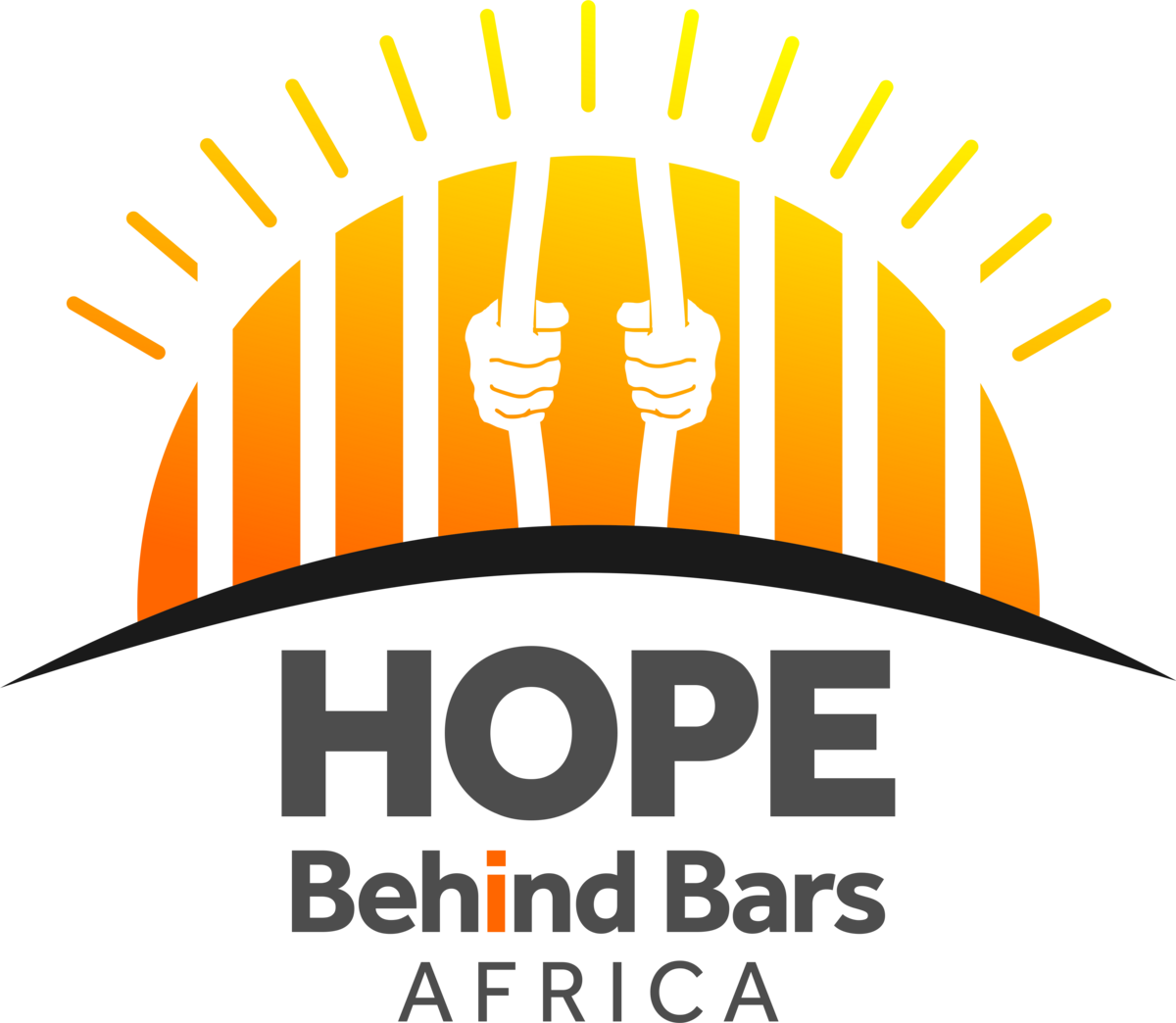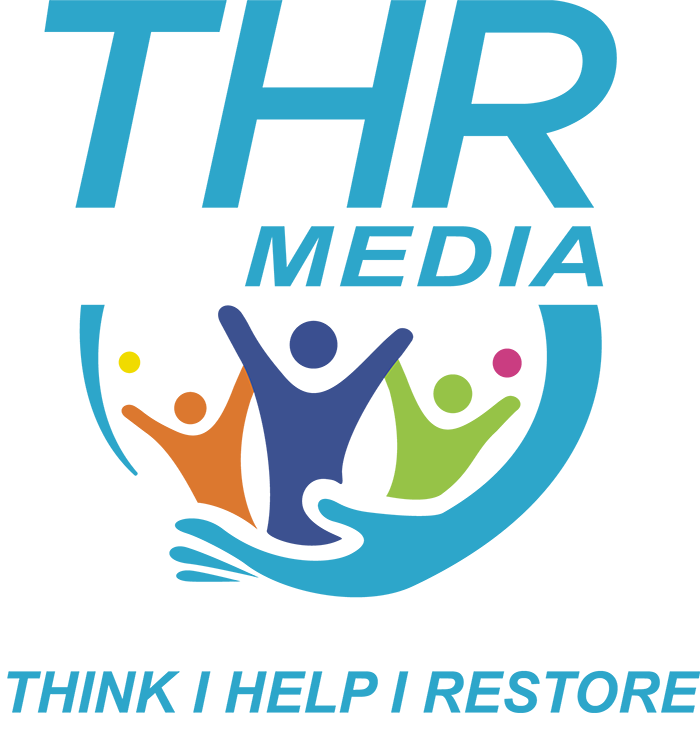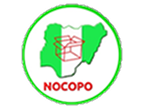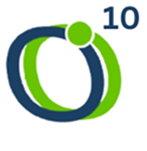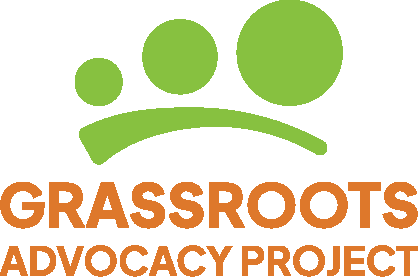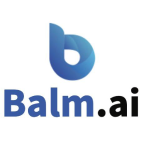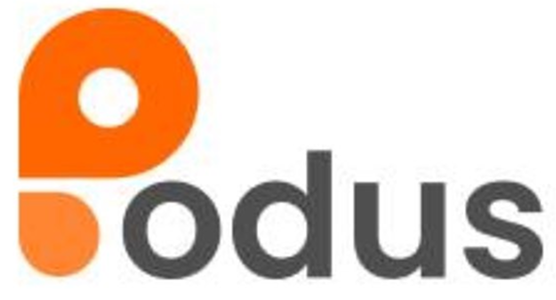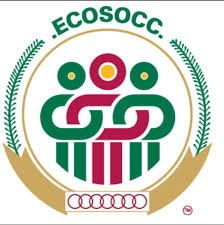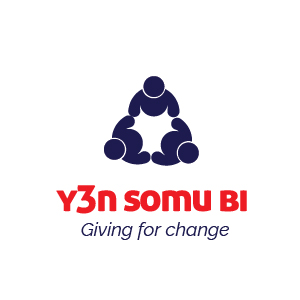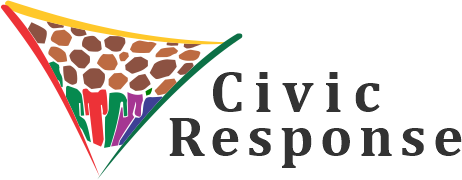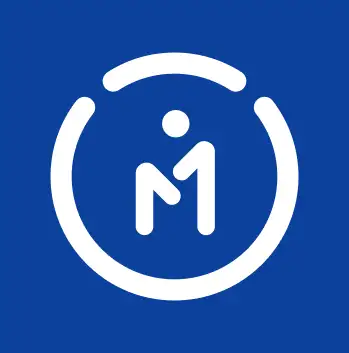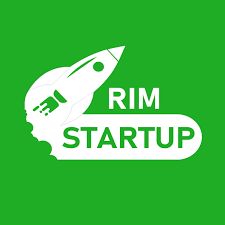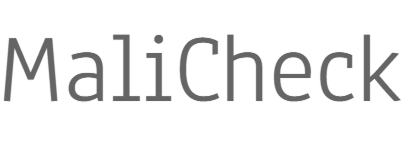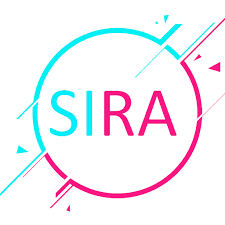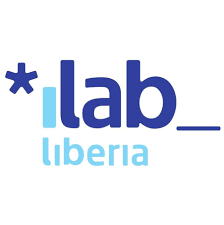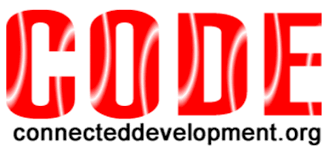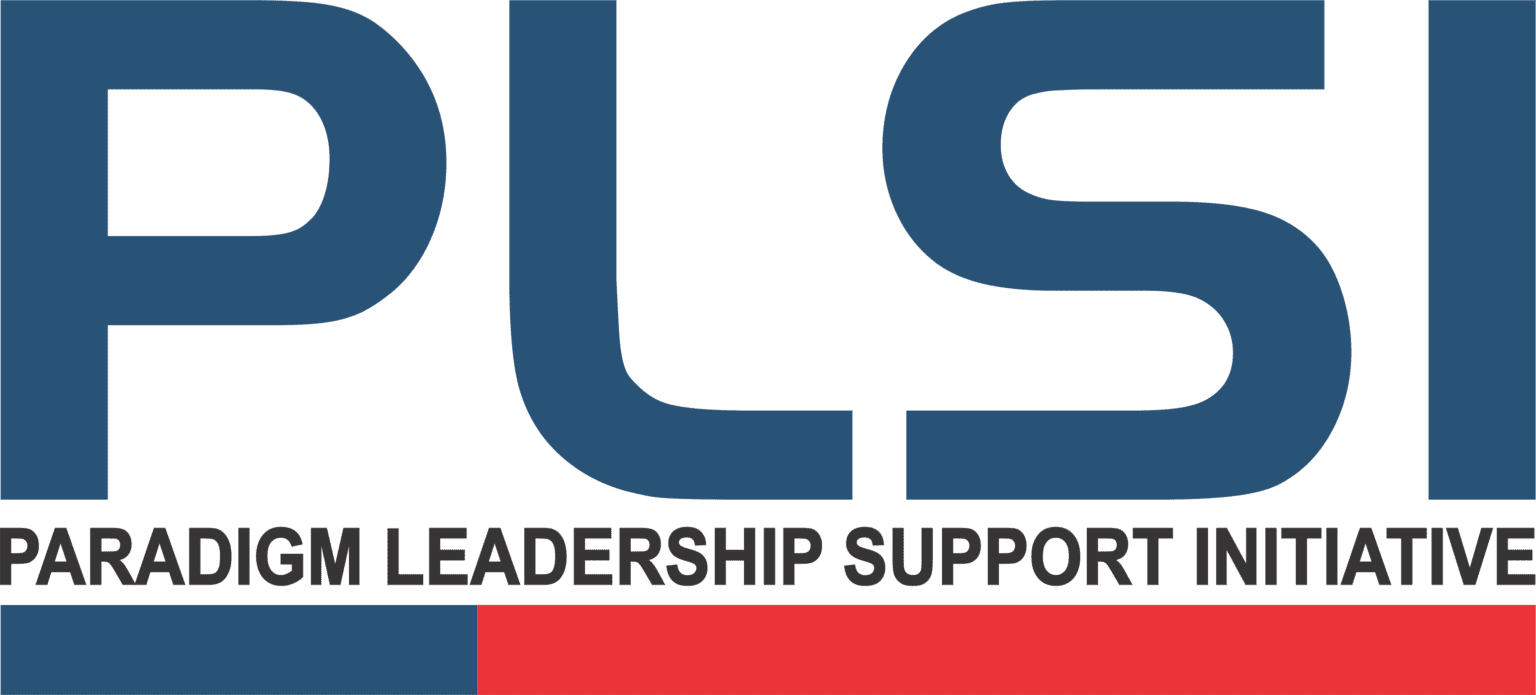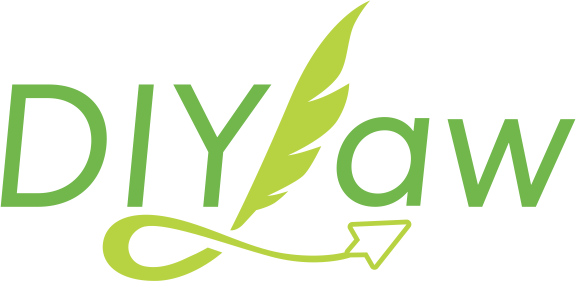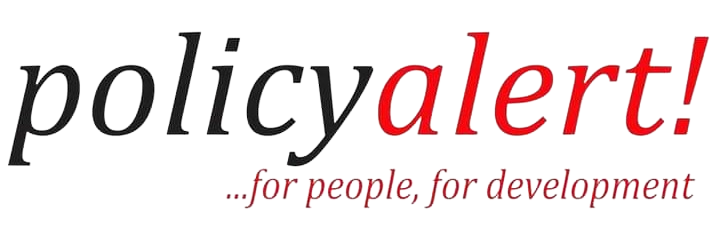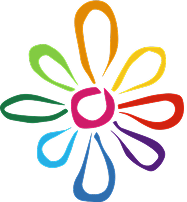Sierra Leone, nestled on the West African coast, boasts a vibrant cultural heritage and a complex history. In recent years, it has begun navigating the digital frontier- an essential step for modern development. Although the adoption of digital technologies has been relatively slow, momentum is building.
A new wave of innovation, driven by grassroots efforts, government support, and global partnerships, is reshaping the country’s civic tech and broader technological landscape. The digital transformation in Sierra Leone represents a critical opportunity to accelerate national development. However, for this transition to be inclusive and effective, it must be underpinned by a strong policy, legal, and regulatory framework. Without this foundation, the digital divide could deepen, leaving vulnerable populations further behind.
Sierra Leone’s journey toward digital development has seen important milestones. The creation of a dedicated Ministry of Information and Communications in 2007 marked a key step in institutionalizing tech governance. This was followed by the introduction of the country’s first ICT policy in 2009. The installation of the Africa Coast to Europe (ACE) submarine cable landing station in Freetown in 2011 significantly improved internet access. In 2015, the liberalization of the international gateway further enhanced connectivity and competition in the telecom sector.
Moreover, digital tools played a pivotal role in public health responses during crises. The government applied lessons from the 2014 Ebola outbreak to its handling of COVID-19 in 2020, promoting remote learning, digital communication, and tech-driven containment strategies.
Despite these advancements, significant hurdles remain. The World Bank’s 2021 Digital Economy Diagnostic Report highlights several persistent challenges: fragmented digital infrastructure initiatives, weak legal frameworks, obsolete strategies, limited internet access, and low digital literacy levels. Overcoming these issues is essential to fully realize the benefits of digital transformation. Yet, the opportunities ahead are promising. By improving digital infrastructure, investing in education and skills, and fostering a vibrant innovation ecosystem, Sierra Leone can unlock new avenues for socio-economic development. Success will depend on the collaborative efforts of government, civil society, the private sector, and international partners.
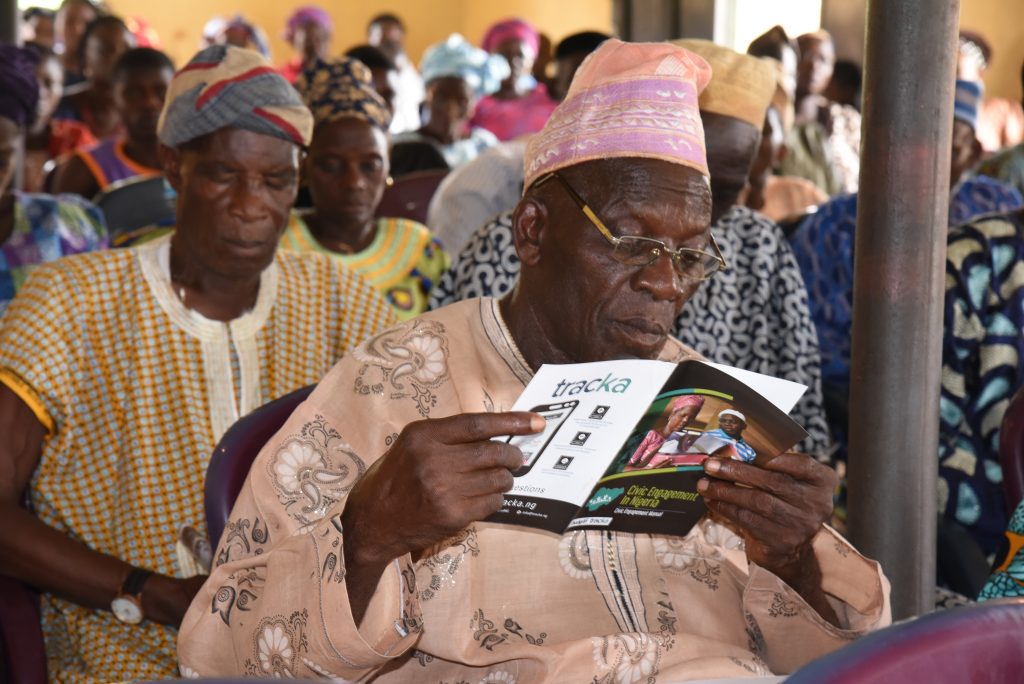
Key Civic Tech Actors and Tools in Sierra Leone
As the civic technology sector evolves, various organizations and platforms are leading the charge in promoting transparency, accountability, and citizen engagement. These include:
- Code for Sierra Leone: A civic tech initiative modeled after “Code for Africa,” leveraging open data to enhance government transparency and accountability.
- Sensi Tech Hub: A pioneering innovation space in Freetown that nurtures startups, hosts civic-themed hackathons, and champions digital solutions in governance, health, and education.
- Sierra Leone Open Data Portal: Managed by the Ministry of Finance, this platform publishes public datasets to promote transparency and informed decision-making.
- OpenGov Sierra Leone: A civil society initiative advocating for open governance through digital tools and civic education campaigns.
- IDT Labs: A local tech company providing data-driven solutions such as e-governance platforms, mobile surveys, and decision-support tools for public institutions.
- Directorate of Science and Technology: A governmental body tasked with coordinating the national science and tech agenda.
- KNESST | Tech Community Sierra Leone: A collaborative platform supporting the tech ecosystem through community engagement, networking, and training opportunities.
- Budget Advocacy Network (BAN): Promotes fiscal transparency, citizen participation, and accountability in public budgeting through data tools and research.
- Water, Sanitation, and Hygiene Network (WASH-Net): Uses technology and data advocacy to improve access to clean water and sanitation.
- mHero: A mobile-based communication platform connecting the Ministry of Health with frontline health workers to enhance information flow and response coordination.
- Freetown Waste Tracker: A mobile solution that enables citizens to report and monitor waste collection activities in real-time, fostering accountability in municipal services.
- Citizen Feedback Mechanism: Piloted across several government ministries, this tool collects real-time feedback from citizens on public service delivery, aiming to improve responsiveness and performance.
Sierra Leone stands at a pivotal moment in its digital journey. The fusion of technology with civic engagement holds the potential to drive sustainable development and strengthen democratic governance. By addressing the foundational challenges and empowering innovators and institutions, the country can chart a path toward a resilient, inclusive, and tech-enabled future.
